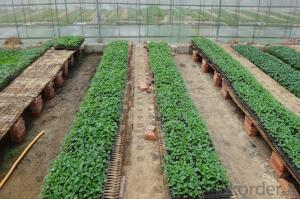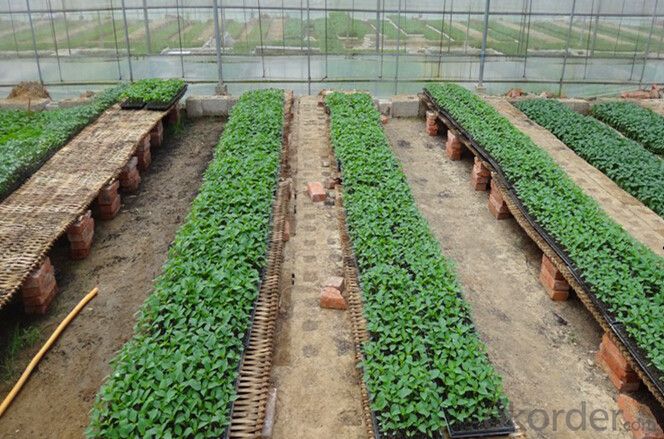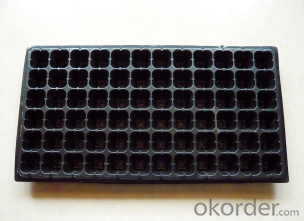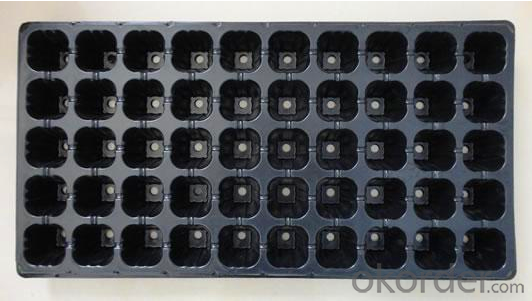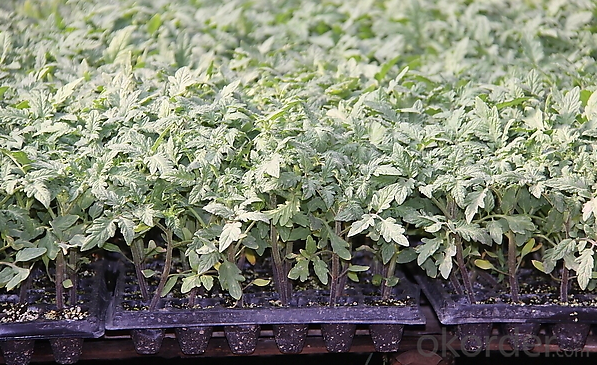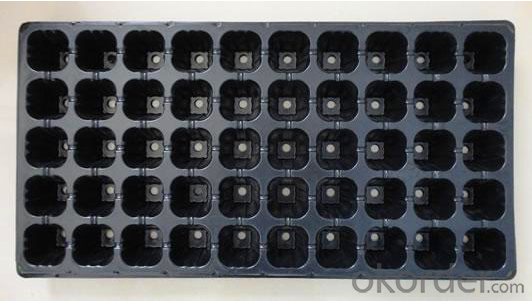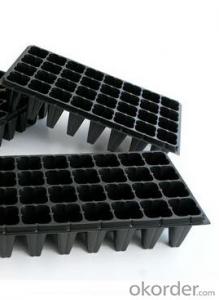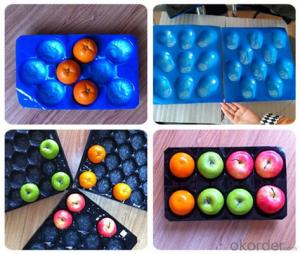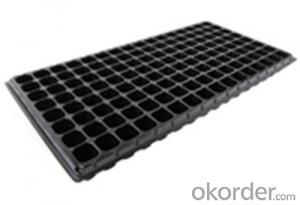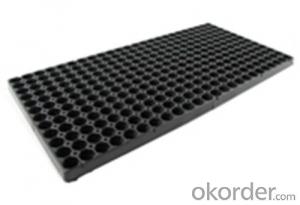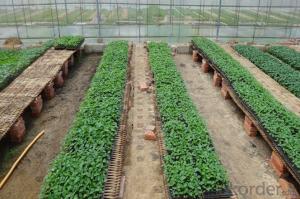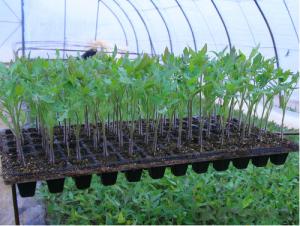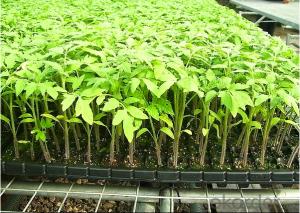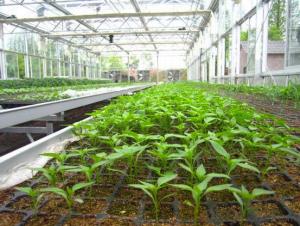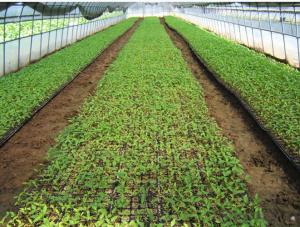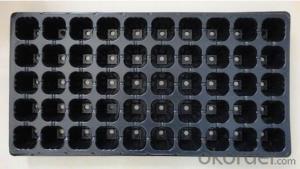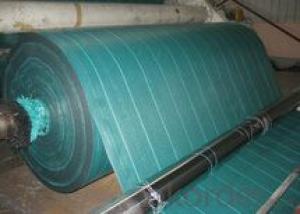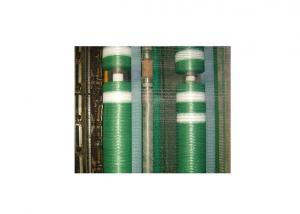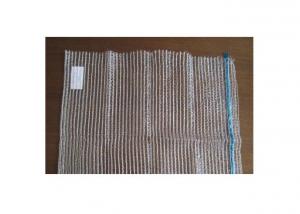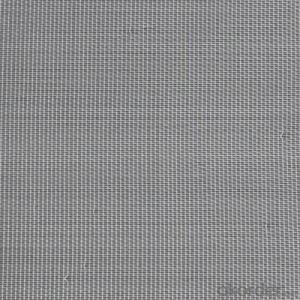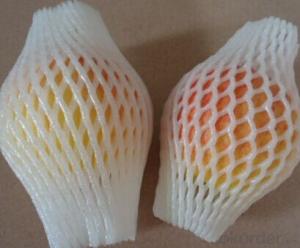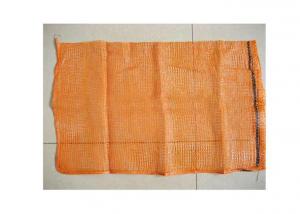HIPS Made Plastic Greenhouse Usage Plug Trays Flat Tray (Growing and Seedling)
- Loading Port:
- China main port
- Payment Terms:
- TT OR LC
- Min Order Qty:
- 3000 pc
- Supply Capability:
- 50000 pc/month
OKorder Service Pledge
OKorder Financial Service
You Might Also Like
Brief Introduction to CNBM:
CNBM International Corporation (CNBM International) is the most important trading platform of CNBM Group Corporation, a state-owned company under the direct supervision of State-owned Assets Supervision and Administration Commission of the State Council.
CNBM International is highly recognized by its business partners and clients all over the world and has obtained rapid development under the spirit of win-win. We will carry on the mutual beneficial, innovative and revolutionary trading structure as we did before, create value for our employees, share holders and clients and benefit the whole society in our future development.
Features of Plug Trays (Growing and Seedling) HIPS Made Plastic Plug Tray for Greenhouse:
· Material: HIPS
· Thickness: 0.5mm-1.5mm, Standard:1mm
· Weight: 80g(±5)g-230g(±5)g, Standard weight:155g(±5)g
· Size: length:490mm-540mm, width:190mm-345mm,depth:25mm-150mm
· Standard:540mmX280mm
· Cell count: 18-512
· Package: In Carton
· Warrenty: 8-10 times
Picture:
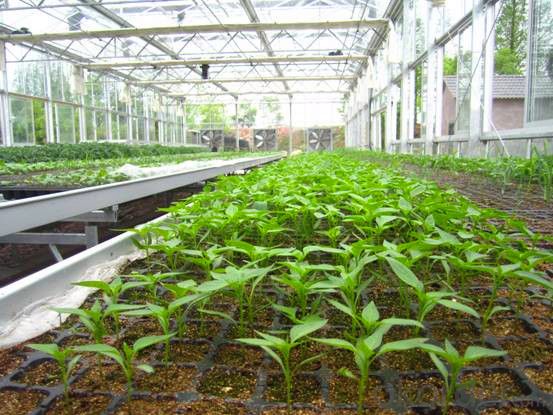
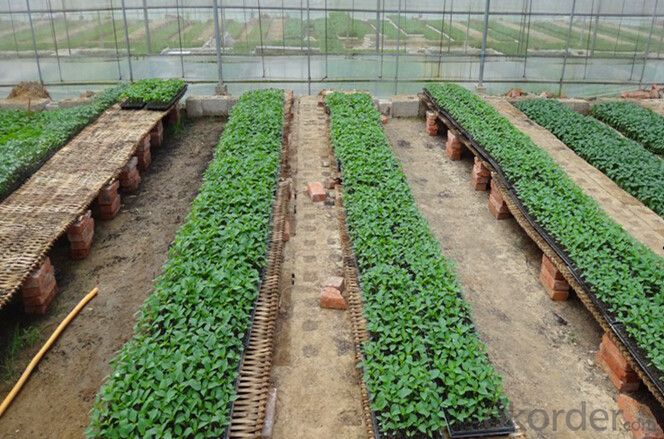
Specification of Plug Trays (Growing and Seedling) HIPS Made Plastic Plug Tray for Greenhouse:
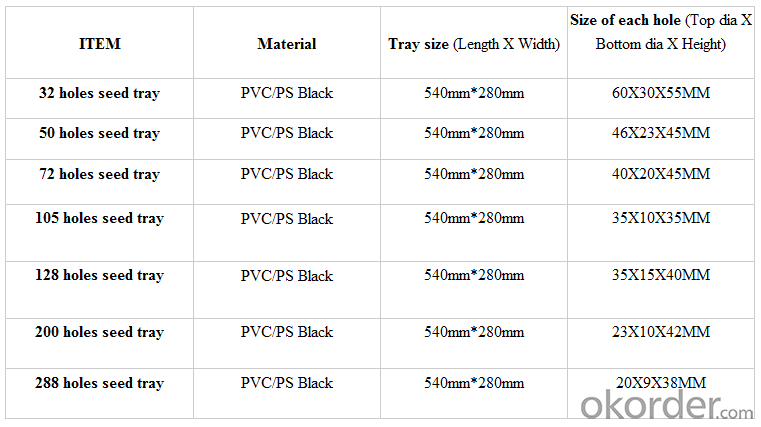
FAQ of Plug Trays (Growing and Seedling) HIPS Made Plastic Plug Tray for Greenhouse:
Q:1.How many times can the seed tray be used?
A: Under the same environment, it is decided by the thickness. Usually 0.6mm thickness can be used for 1 or 2 times.
1.0 thickness can be used for 3-4 times. 1.5 thickness can be used for 8-10 times.
Q: 2.How long is the production time?
A: Usually one to two weeks.
Q: 3.How is the seed tray being packaged?
A: They can be packaged in carton or pallets. Carton size is 1375px*725px*1250px.
- Q: Are nursery trays suitable for succulents and cacti?
- Yes, nursery trays can be suitable for succulents and cacti. These trays provide a convenient way to start and propagate these plants, as they allow for easy watering and drainage. However, it is important to ensure that the trays have proper drainage holes or use well-draining soil to prevent root rot. Additionally, once the plants outgrow the trays, they may need to be transplanted into larger pots for better growth and development.
- Q: Is acrylic (like the 1/4quot; acrylic sheets from home depot) a kind of plastic and can it be melted easily? i want to shape a sheet of it with a heat gun... and can it be painted easily using spray paints for plastic?
- It is a plastic. It can be painted with the right type of paint. Whether itcan be shaped with heat, i can not answer.
- Q: What are the advantages of using plastic mulch in agriculture?
- Plastic mulch offers several advantages in agriculture, including weed control, moisture conservation, temperature regulation, and increased crop yield. It acts as a physical barrier to suppress weed growth, reducing competition for nutrients and water. The mulch also helps retain soil moisture by reducing evaporation, allowing plants to access water for a longer time. Additionally, plastic mulch can regulate soil temperature, creating optimal conditions for plant growth. This, in turn, leads to higher crop yields and improved quality.
- Q: Do nursery trays come with a germination guide?
- Yes, nursery trays often come with a germination guide.
- Q: What are the possible substitutes for agricultural plastic mulch?
- <p>Yes, there are several alternative materials that can be used instead of agricultural plastic mulch. These include biodegradable mulches such as paper, straw, and wood chips, which decompose naturally and enrich the soil. Organic mulches like compost or coco coir can also be used for their soil conditioning benefits. Additionally, some farmers use landscape fabric, which is a permeable fabric that allows water to pass through while suppressing weeds. Another alternative is to use mulches made from recycled materials, which can help reduce waste. It's important to consider the specific needs of the crop and the local environment when choosing an alternative to plastic mulch.</p>
- Q: How does ground cover affect the temperature of the soil?
- Ground cover can affect the temperature of the soil by providing insulation and reducing heat loss, keeping the soil warmer during colder periods. It can also provide shade and reduce direct exposure to sunlight, preventing excessive heating of the soil during hot weather.
- Q: Explain the ways in which farmers utilize agricultural plastic bags to enhance soil quality.
- <p>Farmers use agricultural plastic bags primarily for mulching, a practice that can significantly improve soil quality. Mulching with plastic helps retain soil moisture, reducing the need for irrigation and promoting plant growth. It also suppresses weed growth, conserving soil nutrients that would otherwise be competed for by weeds. Additionally, plastic mulch can increase soil temperature, which is beneficial for early-season planting and germination. Over time, as the plastic degrades, it can improve soil structure by adding organic matter, although the environmental impact of plastic degradation must be considered. These methods collectively enhance fertility, aeration, and overall soil health, leading to increased crop yields and quality.</p>
- Q: Can the biodegradable plastic films used in agriculture for mulching purposes be recycled and reused?
- <p>Biodegradable agricultural plastic mulch films are designed to break down over time in the soil, reducing the environmental impact compared to traditional plastics. However, their recycling and reuse potential is limited. While some biodegradable plastics can be recycled, the process is not as straightforward as with conventional plastics, and the recycling infrastructure may not be widely available. Additionally, the breakdown of these films in the soil can compromise their integrity, making them unsuitable for reuse in their original form. Therefore, while biodegradable mulch films are an environmentally friendly alternative, they are not typically recycled or reused due to their intended biodegradability and the challenges associated with their recovery and processing.</p>
- Q: What are some ground cover options for coastal regions with salt spray?
- Some ground cover options for coastal regions with salt spray include beach grass, sea oats, saltmeadow cordgrass, and ice plant. These plants are tolerant of salty air and can help stabilize the soil in these harsh conditions.
- Q: What materials are nursery trays typically made of?
- Nursery trays are typically made of lightweight and durable materials such as plastic or recycled polypropylene.
Send your message to us
HIPS Made Plastic Greenhouse Usage Plug Trays Flat Tray (Growing and Seedling)
- Loading Port:
- China main port
- Payment Terms:
- TT OR LC
- Min Order Qty:
- 3000 pc
- Supply Capability:
- 50000 pc/month
OKorder Service Pledge
OKorder Financial Service
Similar products
Hot products
Hot Searches
Related keywords
